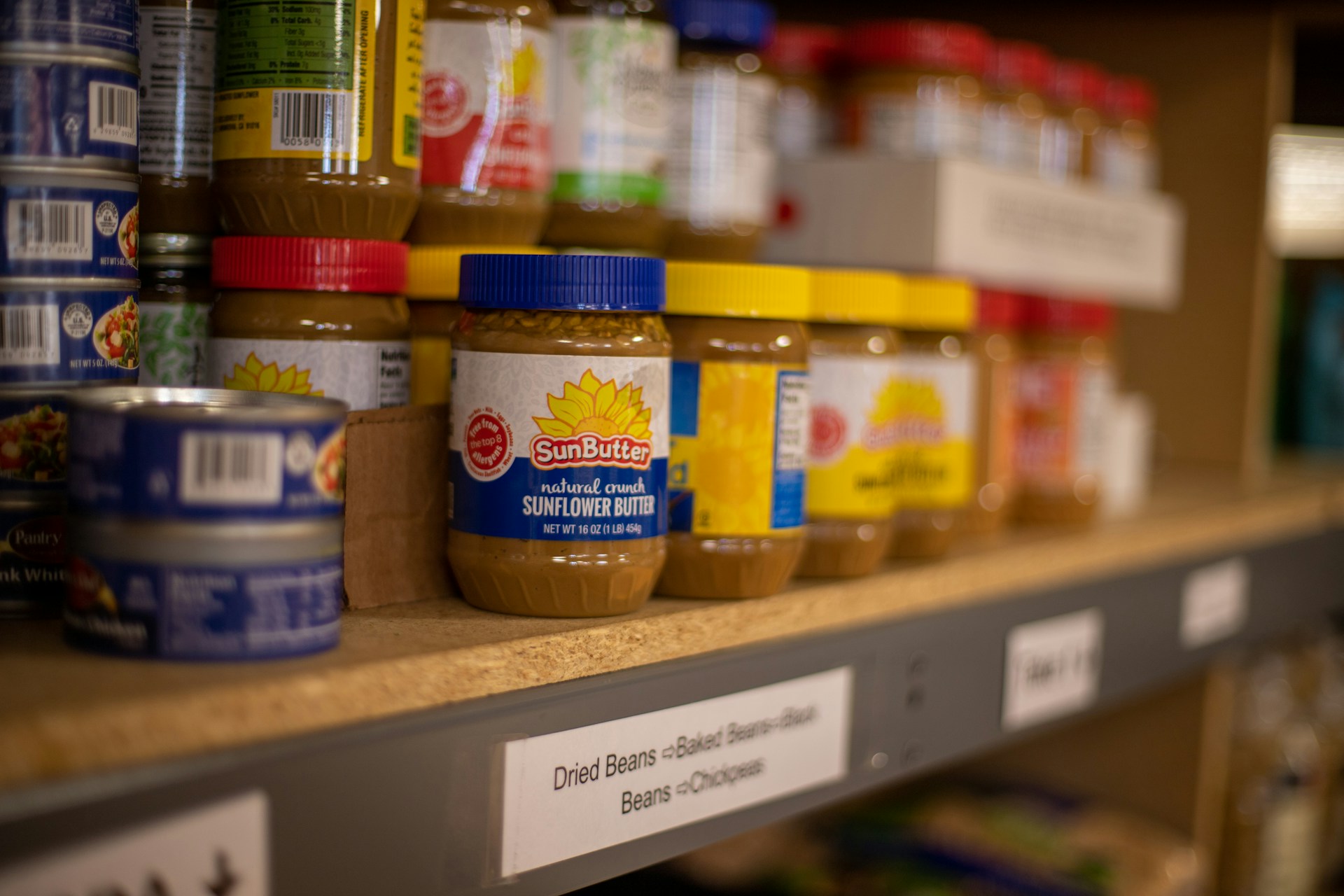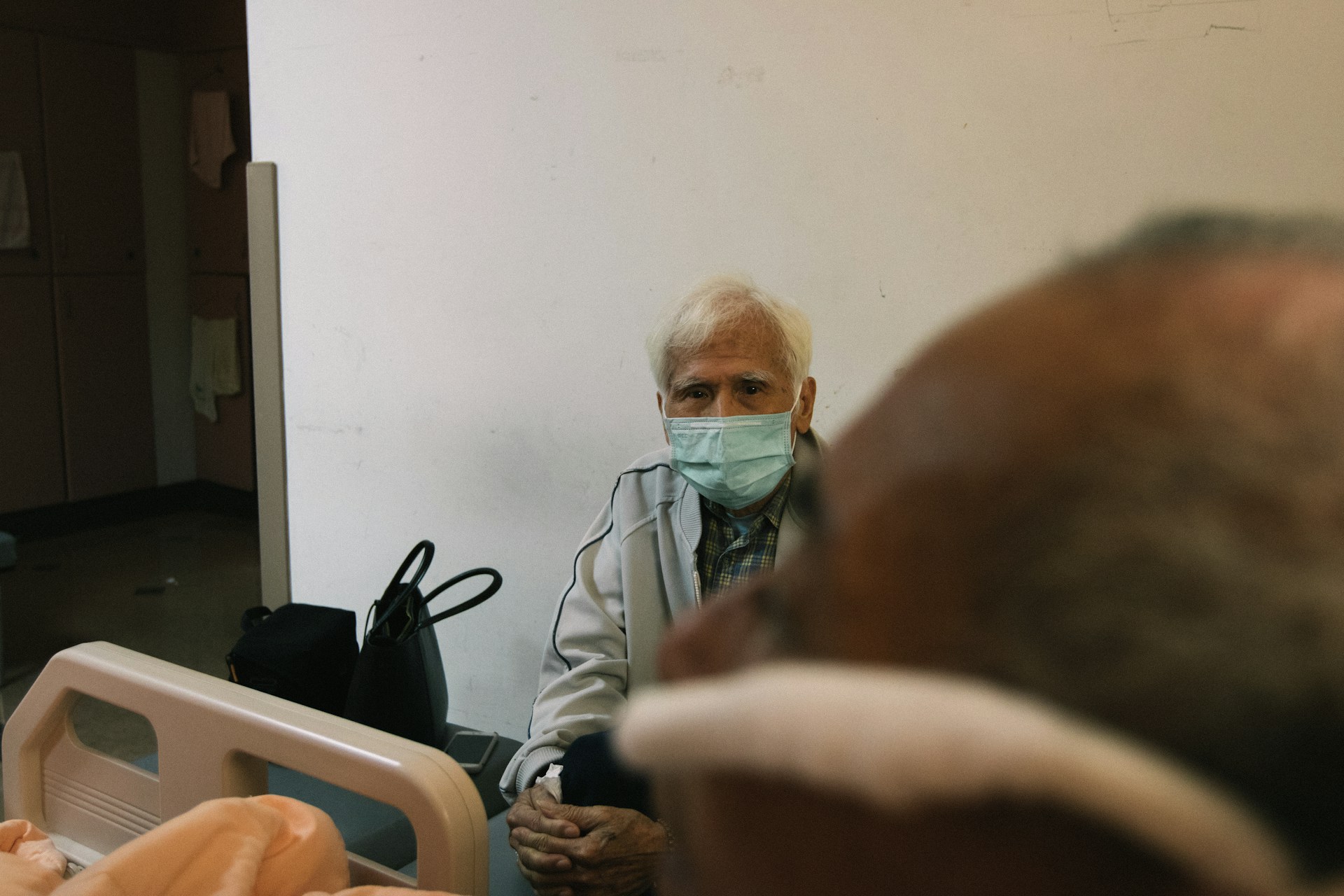Implementation of Premarital Counseling Description in Grobogan District, Central Java, Indonesia
Gambaran Implementasi Kursus Pranikah di Kabupaten Grobogan, Jawa Tengah, Indonesia

Downloads
Background: Pre-marital period is the best time to prepare for the quality of family health; however, In Indonesia, examinations and promotion of reproductive health and pre-marital counseling have yet to be carried out in all districts.
Objectives: This study aimed to identify the description of reproductive health services and marriage counseling in Grobogan Regency, Central Java.
Methods: This study used an assessment method of the implementation of the Reproductive Health Service Program for the bride, which includes IEC (Communication, Information, and Education) and medical examination of the bride and groom by health workers conducted in community health centers (Puskesmas) and other health care facilities, and office of religious affair (KUA), with the In-depth Interview Method. The subject was the KUA Officer under the Department of Religious Islamic Education in the Marriage Guidance program.
Results: The interviews with KUA officers obtained results in 2017. There were still underage marriages, and the number increased in 2018. Prospective brides have submitted forms (N1, N2, N3, and N4) to KUA. Most of the brides were not physically examined (pulse, breathing frequency, blood pressure, body temperature) by health workers (63.7%), and blood groups were not examined (91.4%). Half of the respondents examined blood sugar, HIV, IMS, Hepatitis, and TORCH (56.8%). The bridegrooms were not examined for mid-upper arm circumferences (MUAC) (17.2%) and for signs of anemia (8.6%). The brides were not immunized against Hepatitis B (72.4%). Almost all brides get TT immunization at the Puskesmas (94.8%). Health workers stated that only some brides had been getting counseling about the bride's mental health (29,3%). Only 17.2% of the officers stated that the bride still needs to get a certificate of following the reproductive health IEC.
Conclusions: KUA has conducted pre-marriage courses for couples according to the rules of the Ministry of Religion. Some PUSKESMAS had carried out activities for the bride and groom on a scheduled basis (for example, every Tuesday/Wednesday) but have not been carried out routinely, even stopped due to budgetary problems. The certificate is given after the bride and groom take the marriage guidance course, but it has yet to be required for marriage registration.
Amalia, R. & Siswantara, P. Efektivitas Penyuluhan Kesehatan Reproduksi pada Calon Pengantin di Puskesmas Pucang Sewu Surabaya. Jurnal Biometrika dan Kependudukan, 7 29 (2018).
Hidayana, I. M. et al. Factors Influencing Child Marriage , Teenage Pregnancy and Female Genital Mutilation / Circumcision in Lombok Barat and Sukabumi Districts , Indonesia: Baseline Report December 2016. (2016).
National Development Planning Agency of Indonesia. Rancangan Teknokratik Rencana Pembangunan Jangka Menengah Nasional 2020 - 2024: Indonesia Berpenghasilan Menengah - Tinggi Yang Sejahtera, Adil, dan Berkesinambungan. Kementerian PPN/ Bappenas (2019) doi:10.1017/CBO9781107415324.004.
Armunano, A. Kebijakan Prioritas Pembangunan Kabupaten Grobogan Tahun 2020. BAPPEDA Kabupaten Grobogan: Sosialisasi Evaluasi Program Pelayanan Kesehatan Reproduksi Bagi Calon Pengantin Dalam Penyiapan Status Kesehatan Sebelum Hamil Kabupaten Grobogan.
The Ministry of Health of Indonesia. Data dan Informasi Profil Kesehatan Indonesia 2018. Data dan Informasi Profil Kesehatan Indonesia (2018).
Iskandar, Z. Peran Kursus Pra Nikah dalam Mempersiapkan Pasangan Suami-Istri Menuju Keluarga Sakinah. Al-Ahwal 10, 85–98 (2017).
Directorate General of Islamic Community Guidance of Indonesia. Peraturan Direktur Jenderal Bimbingan Masyarakat Islam Nomor : DJ.II/542 Tahun 2013 Tentang Pedoman Penyelenggaraan Kursus Pra Nikah. 1–22 (2013).
United Nations. Reproductive Rights are Human Rights. A Handbook. Hum. Rights Institutions. (2014).
World Health Organization. Defining Sexual Health Sexual Health Document Series. Rep. a Tech. Consult. Sex. Heal. 1–35 (2002).
WHO Regional Office for Europe. WHO Regional Strategy On Sexual And Reproductive Health: Reproductive Health/Pregnancy Programme. Copenhagen, Denmark (2001).
Ki-moon, B. A. N. International Conference on Population and Development. Indian medical tribune vol. 2 (1994).
Istiani, E. Penerapan Peraturan Dirjen Bimas Islam No. DJ.II/491 Tahun 2009 Tentang Suscatin di KUA Kecamatan Sidorejo Salatiga Dalam Membangun Keluarga Sakinah Mawaddah Wa Rahmah. (2016).
Khambalia, A. Periconceptional Iron Supplementation and Iron and Folate Status Among Pregnant and Non-Pregnant Women in Rural Bangladesh. Periconceptional Iron Supplementation and Iron and Folate Status among Pregnant and Non-Pregnant Women in Rural Bangladesh . (2009).
DIVISION, M. A. R. H. & The Republic of the Union of Myanmar Ministry of health and Sports. National Guidelines for Antenatal Care. Www.Mcsprogram.Org (2018).
Al-Balushi, A. A. & Al-Hinai, B. Should premarital screening for blood disorders be an obligatory measure in Oman? Sultan Qaboos Univ. Med. J. 18, e24–e29 (2018).
Copyright (c) 2023 Amerta Nutrition

This work is licensed under a Creative Commons Attribution-ShareAlike 4.0 International License.
AMERTA NUTR by Unair is licensed under a Creative Commons Attribution-ShareAlike 4.0 International License.
1. The journal allows the author to hold the copyright of the article without restrictions.
2. The journal allows the author(s) to retain publishing rights without restrictions
3. The legal formal aspect of journal publication accessibility refers to Creative Commons Attribution Share-Alike (CC BY-SA).
4. The Creative Commons Attribution Share-Alike (CC BY-SA) license allows re-distribution and re-use of a licensed work on the conditions that the creator is appropriately credited and that any derivative work is made available under "the same, similar or a compatible license”. Other than the conditions mentioned above, the editorial board is not responsible for copyright violation.












































